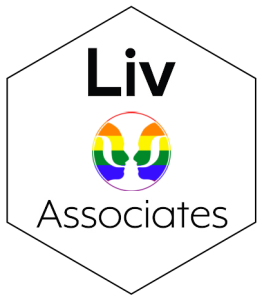
People struggling with sexual orientation or gender identity questions face a myriad of hurdles. Besides feelings of shame and guilt, LGBTQ+ people have higher rates of depression, addictive behavior, and even self-harm—particularly among adolescents. Supportive, non-judgmental therapy can be useful either before or after the “coming out” process, for both the LGBTQ+ person and/or their loved ones.
How Can Therapy Help?
Even in the most supportive households, discussions around sexual identity can be tough to tackle. Therapy can help LGBTQ+ people explore some of these issues in a confidential environment, and work on the self-acceptance necessary to have healthy future relationships. Therapy can also help the client learn how to manage emotions that stem from other issues that may be occurring with their sexual identity (like depression). and even prepare to have difficult conversations with loved ones.
